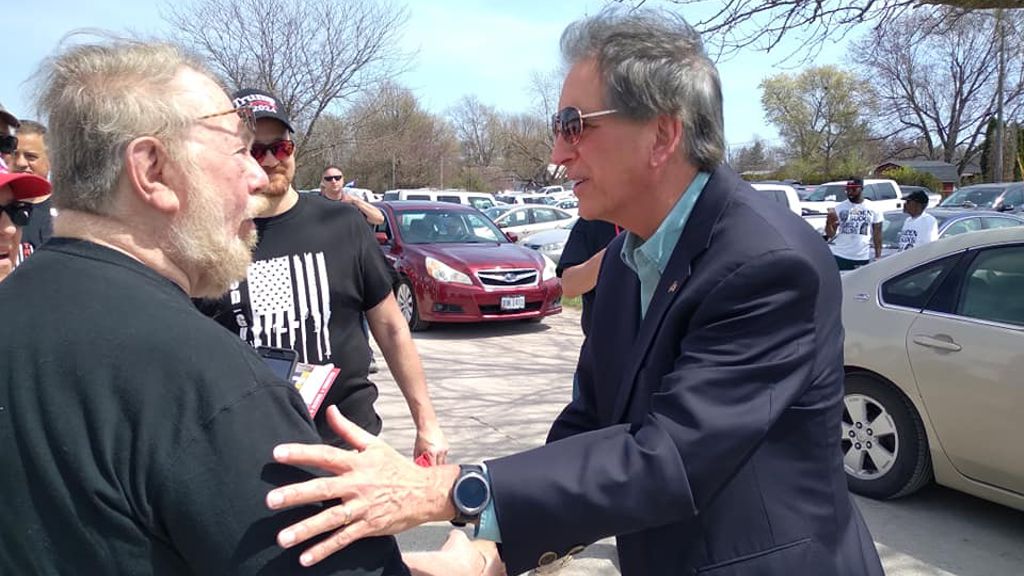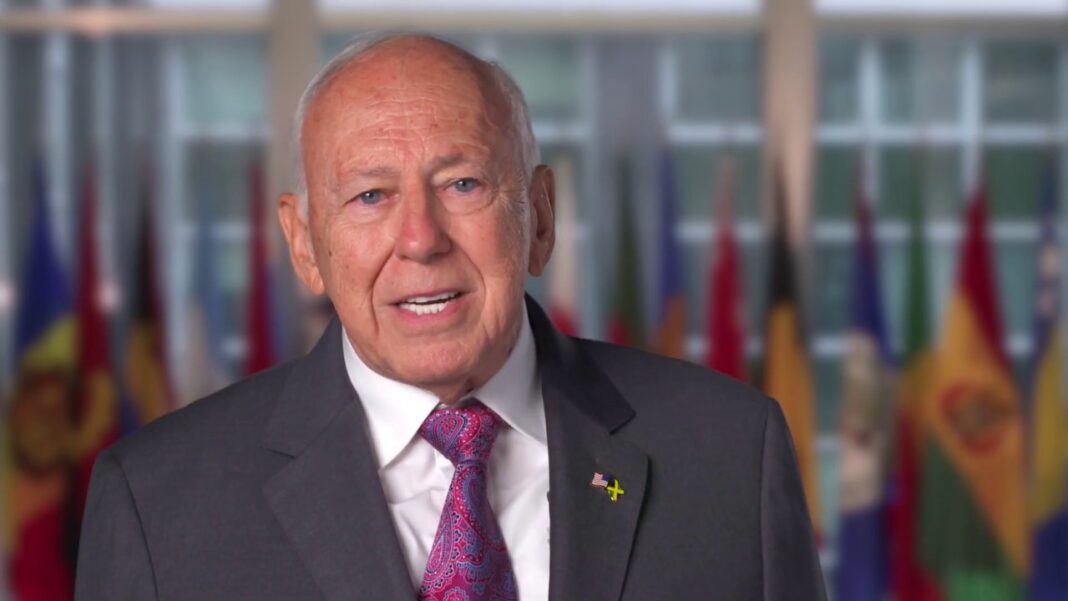Thousands of people gathered in Central, Hong Kong on November 28, 2019 to thank the United States for supporting the Hong Kong Human Rights and Democracy Act. The bill was recently passed by the US Congress and signed by President Donald Trump right before Thanksgiving in America.(Photo: K.Y. Cheng)
U.S. President Donald Trump signed the Hong Kong Human Rights and Democracy Act into law on November 28, 2019. The law aims to protect Hong Kong’s civil rights and allows diplomatic action and economic sanctions against those Washington views as suppressing freedoms in the city. Trump’s endorsement came nine days after the US Senate passed the bill on November 19,2019. Trump has also approved the Protect Hong Kong Act, which bans U.S. exports of crowd-control gear such as tear gas and rubber bullets to Hong Kong.
Hong Kong Human Rights and Democracy Act of 2019
Passed House (10/15/2019)
Bill Summary
This bill addresses Hong Kong’s status under U.S. law and imposes sanctions on those responsible for human rights violations in Hong Kong. (Hong Kong is part of China but has a largely separate legal and economic system.)
The Department of State shall certify annually to Congress as to whether Hong Kong warrants its unique treatment under various treaties, agreements, and U.S. law. The analysis shall evaluate whether Hong Kong is upholding the rule of law and protecting rights enumerated in various documents, including (1) the agreement between the United Kingdom and China regarding Hong Kong’s return to China, and (2) the Universal Declaration of Human Rights.
The bill extends existing annual reporting requirements on matters of U.S. interest in Hong Kong through 2027 and expands such reports to include assessments of (1) limits to Hong Kong’s autonomy, either self-imposed or due to China’s actions; and (2) whether rescission of Hong Kong’s special treatment would further erode Hong Kong’s autonomy.
The President shall annually report to Congress on Hong Kong’s enforcement of U.S. export controls, including whether items of U.S. origin have been used for mass surveillance in China and whether Hong Kong has been used to evade sanctions on North Korea or Iran.
The State Department shall notify Congress if any proposed or enacted law in Hong Kong negatively impacts U.S. interests, including by putting U.S. citizens at risk of rendition to China.
The President shall impose property and visa-blocking sanctions on foreign persons responsible for gross human rights violations in Hong Kong.
BILLS-116hr3289pcs






